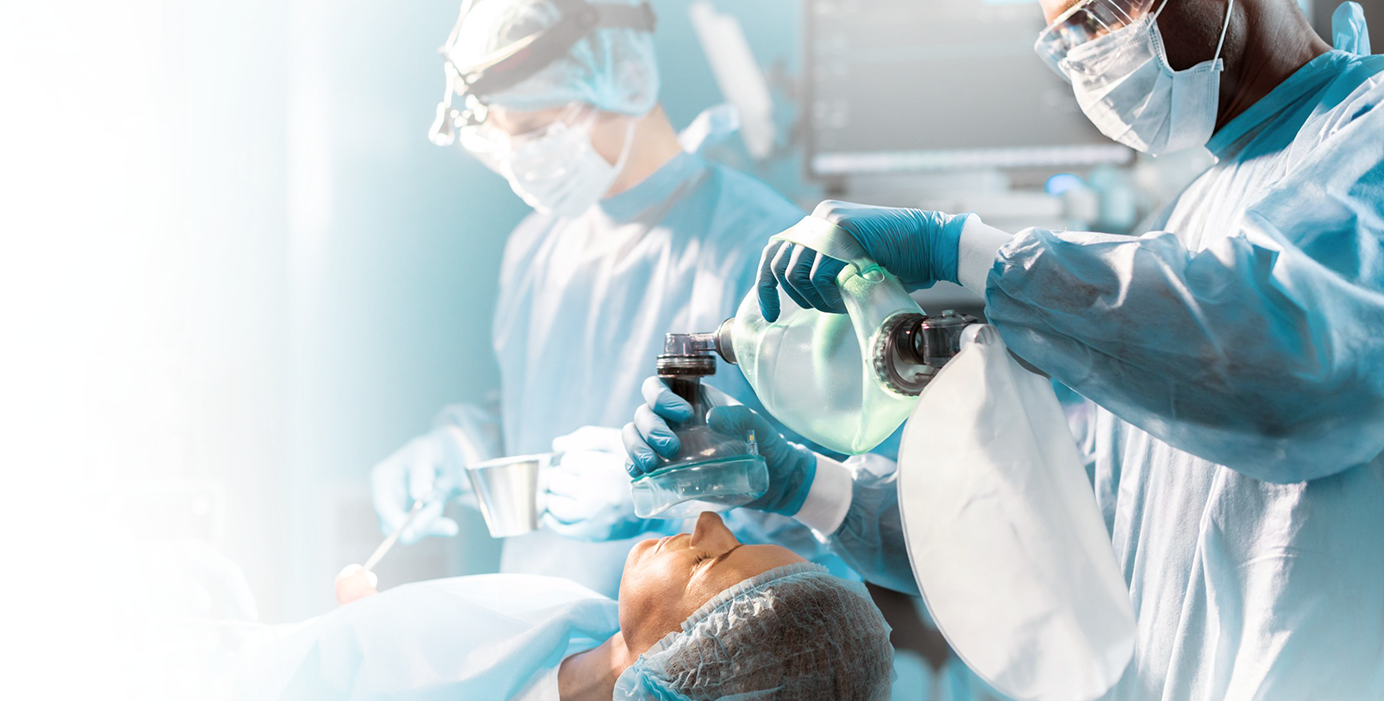As neuropathy can have multiple causes, treatment will involve both alleviating symptoms and treating the underlying disease.
Medication and therapy
While surgery is the most effective method of treatment for neuropathy, pain-relieving medication and certain types of therapy can ease symptoms, including:
- Pain relievers: Over-the-counter medications such as nonsteroidal anti-inflammatory drugs (NSAIDs) can help. Severe pain may require prescription medications.
- Anti-seizure medications: Certain medicines used to treat epilepsy can help with nerve pain, including gabapentin and pregabalin.
- Antidepressants: Certain types of antidepressants have been shown to help with discomfort by blocking the signals that transmit pain. These can include tricyclics, SSRIs, and SNRIs.
- Topical medications: These can include capsaicin cream and lidocaine patches.
- Physical therapy: If you have muscle weakness, physical therapy can help improve your movement and strength.
Nerve decompression surgery
At The Institute for Advanced Reconstruction, our surgeons are among a select group of plastic surgeons in the world with the specialized training and precision to perform this complex surgery. Nerve decompression surgery relieves pressure on nerves by surgically removing the constricting tissue or bone, or widening the canal encasing the nerve. In our experience, decompression surgery is successful in relieving the symptoms of neuropathy in up to 90 percent of well-selected patients.
What to expect on the day of your surgery
We perform nerve decompression surgery on an outpatient basis, either at our own Center for Outpatient Surgery or at the hospital. The entire procedure is typically completed in 45 minutes to an hour and uses microsurgical techniques to minimize the size and number of incisions required.
Recovery and outcome
Recovery is gradual and will take about 2 to 3 weeks. During this period, our physicians will continue to monitor for improved muscle tone and function, along with the return of sensation. Your first follow-up visit to our office is usually a week after surgery, at which point we will remove your bandages. Three weeks after your surgery, we will remove your sutures.
Physical and occupational therapy will be very important in the aftermath of your surgery. Therapy helps to keep joints and extremities mobile and enhances your recovery.

